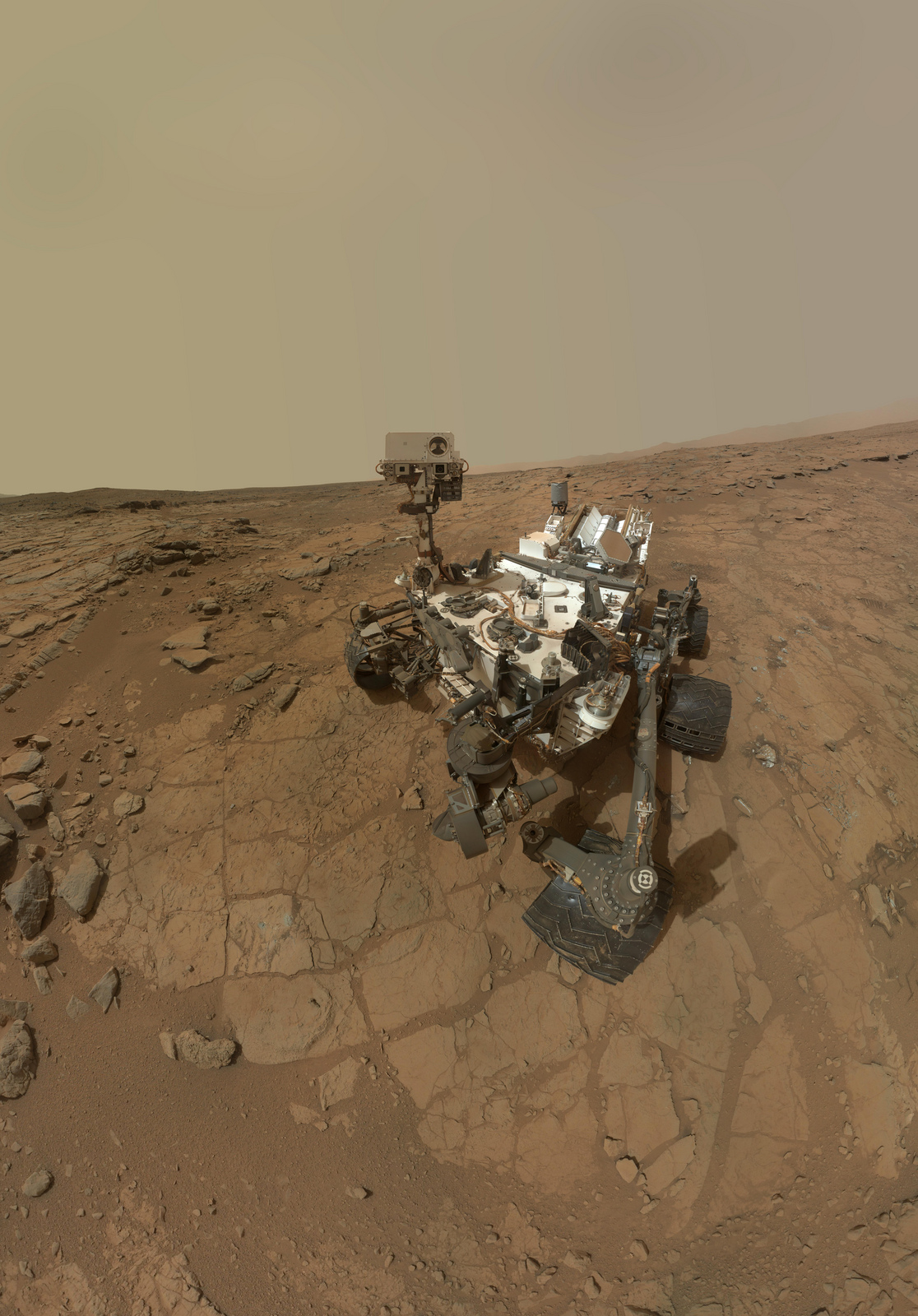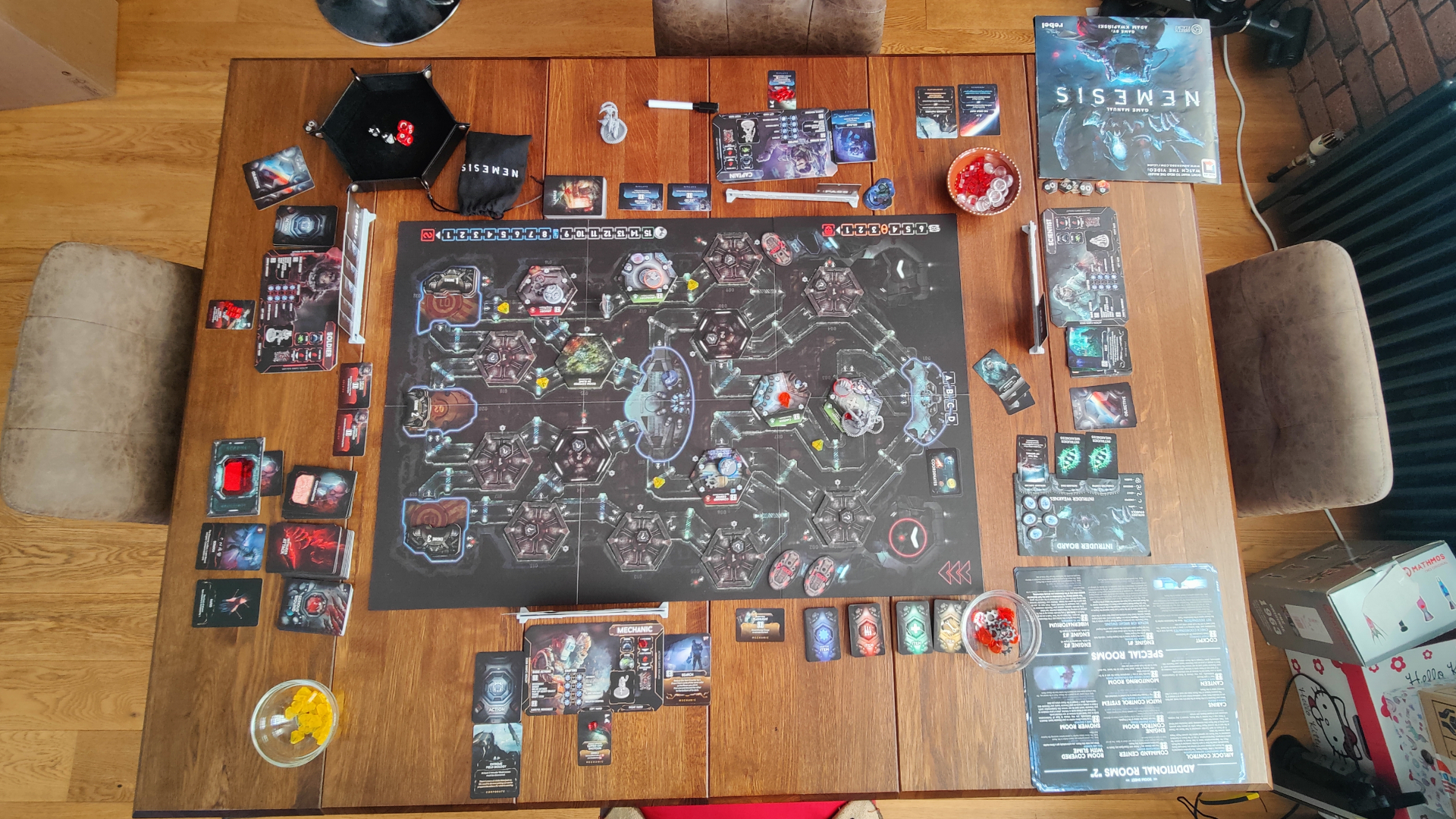NASA Unveiling New Mars Discoveries by Curiosity Rover Today

NASA is holding a press conference today (Feb. 20) to discuss the latest Red Planet activities of the Mars rover Curiosity.
Scientists will likely provide an update on Curiosity's first bona fide drilling operation during the press conference, which begins at 3 p.m. EST (2000 GMT) today.
"Earlier today, Curiosity engineers confirmed the rover had collected the first-ever sample from inside a rock on Mars," NASA officials wrote in a media advisory today.
NASA will provide live audio of the press conference, along with participants' visual aids, at http://www.nasa.gov/newsaudio and http://www.ustream.tv/nasajpl. SPACE.com will carry the NASA feed here.
The 1-ton Curiosity rover landed inside Mars' huge Gale Crater last August, kicking off a surface mission to determine if the Red Planet could ever have supported microbial life.
The six-wheeled robot carries 10 different science instruments and 17 cameras to aid in this quest, as well as several other key tools, including a rock-boring drill. The drill allows Curiosity to access the interiors of Martian rocks to a depth of 2.5 inches (6.4 centimeters), deeper than any other rover has been able to go.
Curiosity first used the drill to its full capacity earlier this month, boring deep into a rock on an outcrop dubbed "John Klein," which was exposed to liquid water long ago.
Breaking space news, the latest updates on rocket launches, skywatching events and more!
Follow SPACE.com senior writer Mike Wall on Twitter @michaeldwall or SPACE.com @Spacedotcom. We're also on Facebook and Google+.

Michael Wall is a Senior Space Writer with Space.com and joined the team in 2010. He primarily covers exoplanets, spaceflight and military space, but has been known to dabble in the space art beat. His book about the search for alien life, "Out There," was published on Nov. 13, 2018. Before becoming a science writer, Michael worked as a herpetologist and wildlife biologist. He has a Ph.D. in evolutionary biology from the University of Sydney, Australia, a bachelor's degree from the University of Arizona, and a graduate certificate in science writing from the University of California, Santa Cruz. To find out what his latest project is, you can follow Michael on Twitter.
